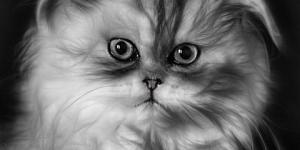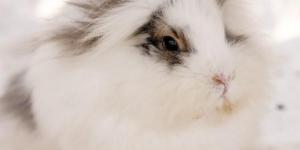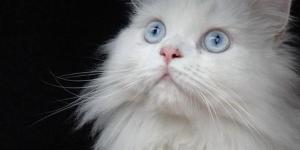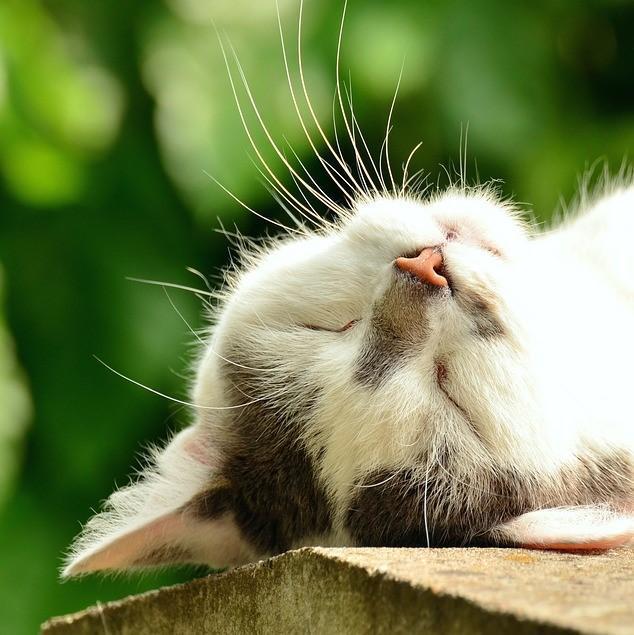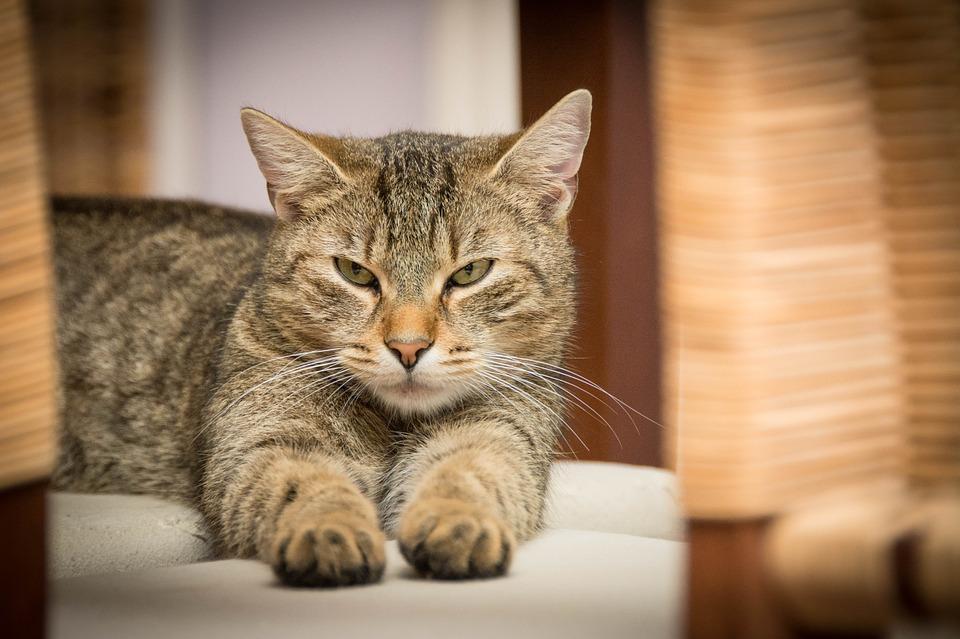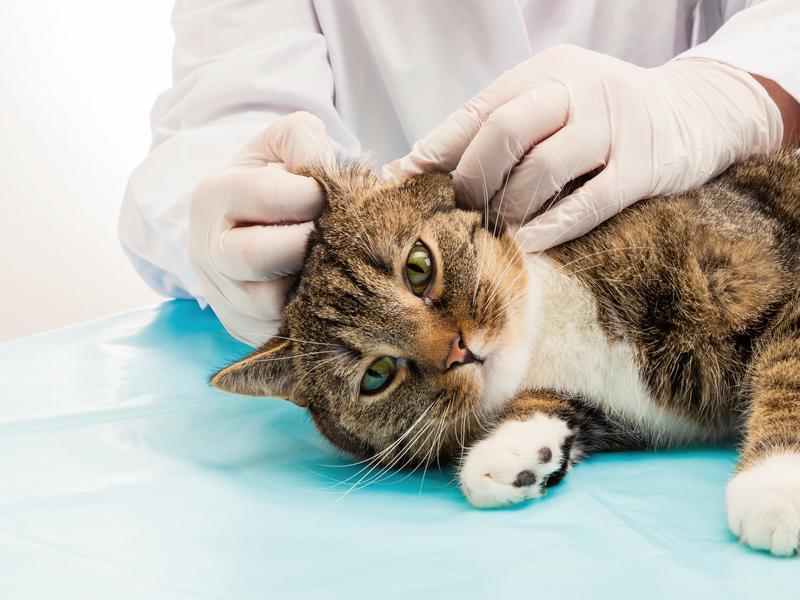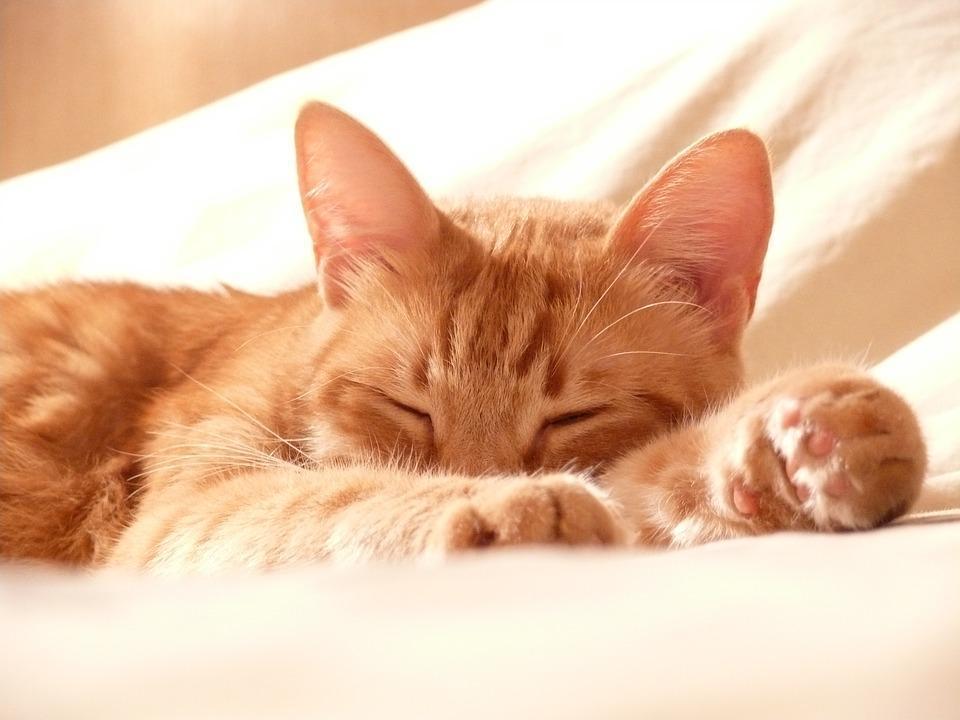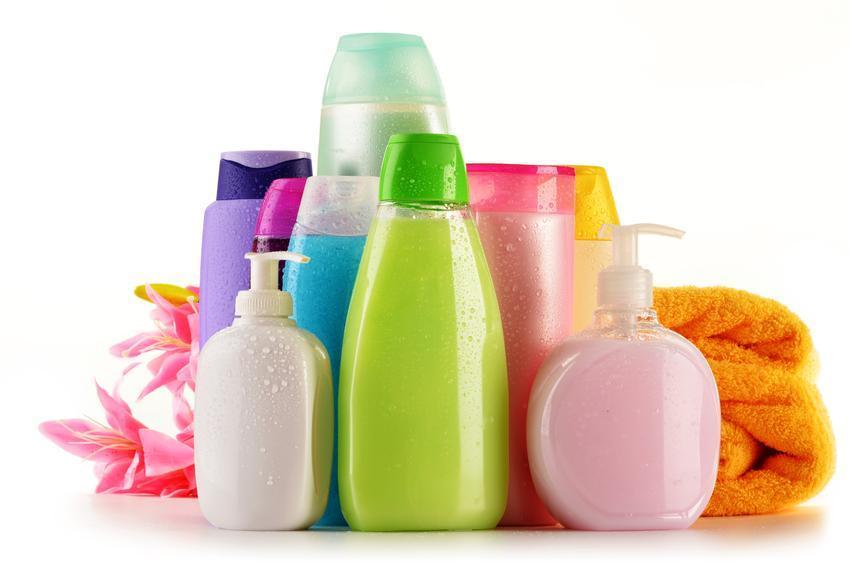Greasy Fur in Cats - Causes and Home Remedies



See files for Cats
Sometimes your cat's fur will get greasy. In the majority of cases this is accidental, caused by your cat's exploratory nature. Cats love to explore and venture into implausible places, which are sometimes dirty. A good bath with specific soap will solve this occasional problem.
However, on other occasions greasy fur in cats can be caused by a disease or genetic alteration. Therefore, if your cat suffers from the latter, we at AnimalWised want to give you solutions for greasy fur in cats, including causes and home remedies.
Seborrheic diseases in cats
Seborrhea is a chronic problem that some cats suffer from in their dermis, and it's often hereditary. It is mainly characterized by the excessive production of flakes and an anomaly in epidermis lipids. There are two types of seborrhea in cats:
- Dry seborrhea: Skin, fur and flakes produced appear to be dry.
- Oily seborrhea: Skin, fur and flakes produced appear to be greasy. It is very common for this type of seborrhea to make the cat feel itchy.
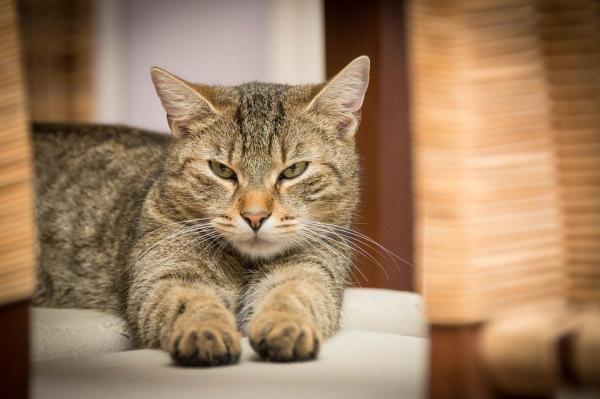
Causes of seborrhea in cats
Seborrhea means the flow of sebum, which can be classified in the following way:
- Primary seborrhea: when there is an abnormality in the keratinization process in the skin's cells. It is very often of a hereditary origin. It is usually a mild disease, although it should be treated permanently, since it is usually incurable.
- Secondary seborrhea: the seborrhea is caused by external or internal agents. These can be endocrine or parasites diseases, nutritional deficiencies or allergies, among other causes. In order to cure this disease you need to know exactly what is causing it, and cure the underlying disease before focusing on the resulting seborrhea.
Diagnosis of feline seborrhoea
To successfully treat feline seborrhea it is crucial to get a veterinary diagnosis. Seborrhea in cats is a condition that can be very complex, as it can be the symptom of a serious illness.
In many cases, primary genetic seborrhea results in additional secondary seborrhea, which is caused by a pathogen. For this reason, it is essential to find out the causes of skin abnormality that is producing greasy fur in cats.

Treatment of feline seborrhoea
Depending on the diagnosis issued by the vet, they will decide on a course of treatment so that your cat can stop suffering from greasy fur. A proper diet is essential to cover possible nutritional deficiencies. Likewise, deworming and checking the cat for fleas regularly will help in cases of secondary seborrhea.
Depending on the origin of the seborrhea, the vet will prescribe antibiotics, antifungals, or any other suitable drug in order to treat the disease causing the seborrhea in the cat.

Shampoos for greasy fur in cats
In any case, when you spot symptoms of feline seborrhea, it will be essential to use a suitable shampoo. A suitable anti-seborrhoic shampoo consists of an aqueous solution modified by tensioactive or surfactant agents (soaps or detergents), chemical essences and active therapeutic agents to specifically address the cause of the cat's seborrhea.
In order to proceed with the elimination or palliation of feline seborrhea, the cat will need to have very clean skin, and you will need to use specific agents that work against their form of seborrhea.

Home remedies for greasy fur in cats
For issues as complex as feline seborrhea, you can't use home remedies. This is because seborrhea is a symptom of a disease, and not a disease by itself.
As such, if you don't have pharmacological or chemical studies you won't be able to develop a formula which attacks the cause of seborrhea in your cat, which needs to be prescribed by a vet.
If you want to read similar articles to Greasy Fur in Cats - Causes and Home Remedies, we recommend you visit our Beauty tips category.

